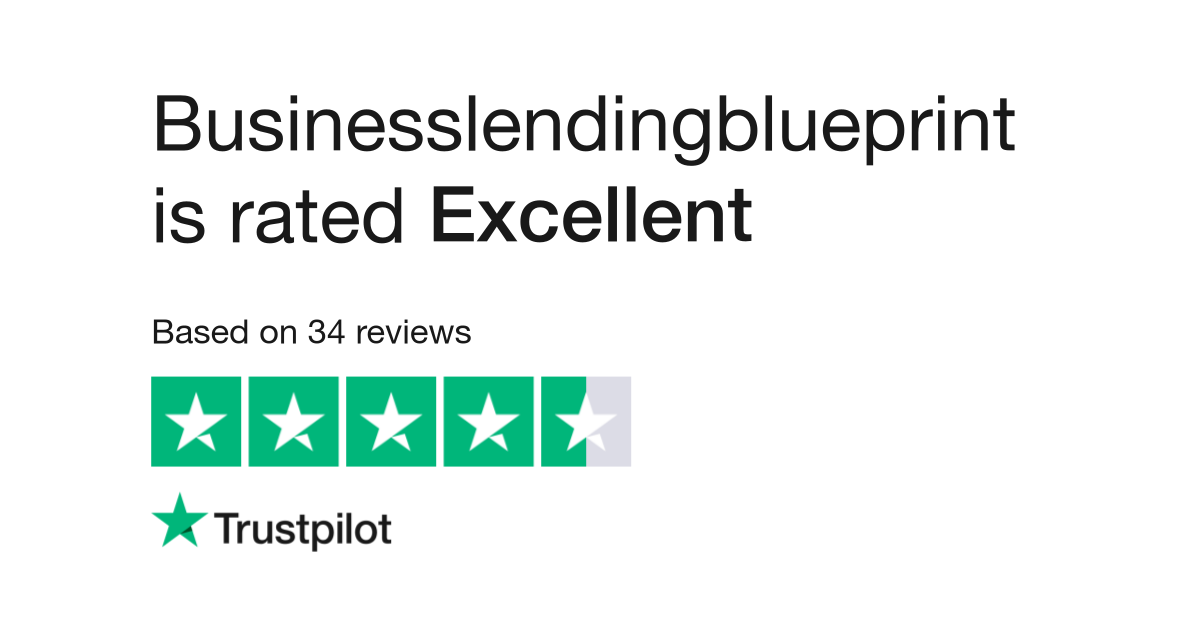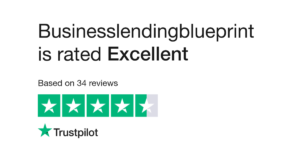Aspiring real estate agents must complete pre-licensing courses and pass the state’s licensing exam. These courses are often offered by reputable schools and online platforms specializing in real estate education. For example, Real Estate Institute provides real estate license coursework in various formats designed to accommodate different learning styles and schedules. They also offer a robust exam preparation program that has a proven track record of helping students pass the licensure exam on their first try. Click the Top Dallas Realtors to learn more.
As a career, real estate is heavily dependent on interpersonal skills like communication and negotiation. This is why it’s important to seek out opportunities to hone these abilities in a variety of settings. In addition to taking real estate courses, aspiring agents can also work as assistants for experienced agents or in customer service roles, as these experiences can help them develop the necessary skills and build relationships with industry insiders.

A bachelor’s degree in a relevant field, such as business administration, finance, or marketing, can be a good foundation for a real estate career. These programs typically explore property regulations and laws while cultivating the communication and negotiation skills that are critical to success in real estate. In addition, many of these programs include practical experience components such as internships or capstone projects to give students a head start in the field.
Other non-traditional educational paths can be just as valuable for a successful real estate career. These include real estate-specific certifications, online courses, and practical experience gained through internships or working as an assistant to an experienced agent. These alternatives can provide a strong foundation for the industry while also allowing learners to pursue their specific interests and goals.
A minor in legal studies is especially valuable for aspiring real estate agents, as it will prepare them to understand and navigate the complex legalities associated with property transactions. Additionally, a minor in marketing can help prepare aspiring agents to effectively promote properties and utilize digital marketing tools. Finally, a minor in environmental science can be an asset for those interested in green real estate, as it will allow them to understand eco-friendly building practices and regulatory requirements.
License Requirements
Real estate agents work in many different areas of the property industry, including apartment leasing, commercial properties, time-share sales and residential home buying and selling. However, the bulk of real estate agent duties involve assisting clients with buying and selling residential property. This often requires the agent to negotiate and carry out paperwork related to a sale, including title searches and deed transfers.
Before starting to work as a real estate agent, individuals must meet specific licensing requirements, which differ by state. Individuals interested in becoming a real estate agent should consult their state’s regulatory website and research its unique requirements. Some states require pre-licensing education while others require candidates to pass a national exam or a state-specific exam. Regardless of the specific requirements, getting a license can be a long process.
In New York, candidates must pass a state real estate salesperson exam before they can obtain a license to sell property. This exam consists of 75 multiple-choice questions and must be taken within 90 minutes. Individuals must score 70% or higher to pass. To prepare for the exam, prospective real estate agents can enroll in a 77-hour pre-licensing course. These courses can be completed in-person or online and are usually delivered by a state-approved education provider.
Once individuals complete their pre-licensing courses, they must apply for a license through the eAccessNY Occupational Licensing Management System. They will then receive a unique identification number and can schedule the state real estate salesperson exam. Before submitting an application, individuals should find a sponsoring broker who will mentor them.
The sponsoring broker must have a license to practice and have at least three years of experience in the industry. After the sponsoring broker approves an applicant, the individual can start working as a real estate agent in New York.
Once licensed, agents and brokers are responsible for following all state laws and regulations. This includes laws related to fair housing, discrimination and leasing. In addition, agents and brokers must also follow the National Association of Realtors (NAR) Code of Ethics. This ensures that their clients’ interests are protected and that they are operating within the law.
Working Conditions
Real estate agents handle a variety of administrative and marketing tasks in addition to facilitating property transactions. These can include arranging and conducting property showings, researching market conditions and preparing real estate sales contracts for clients to sign. Agents often develop networks of attorneys, mortgage lenders, contractors and others who can help them close deals. They also frequently attend seminars and staff or association meetings to stay informed of real estate trends. In addition, they frequently visit properties to assess them and to meet with utility company representatives to facilitate services hookups for a new home or business. The wide range of activities and varying skill sets required by this profession can be a challenge to some individuals. According to Truity, most real estate agents have a personality type associated with the ENTP designation, which indicates they are energized by social interaction (extraversion), are creative and intuitive in their decision making processes (intuitive) and prefer to be spontaneous rather than planned or structured (perceiving).
A commission-based income structure can add to the pressures of working as a real estate agent. This can lead to agents prioritizing work over other aspects of their lives and working longer hours than are sustainable for a balanced lifestyle. Increasingly, real estate companies recognize the importance of promoting healthy work-life balance for their employees and are developing programs to support this goal.
While balancing work-life goals isn’t always easy, many real estate agents are able to find the right rhythm for their careers by regularly evaluating and changing their client load and professional strategies. Some agents also choose to seek out mentors or a professional coach who can provide resources and advice on managing stress and achieving balance in this demanding career.
Many people who choose to become a real estate agent do so to enjoy flexible and part-time work schedules that allow them to accommodate family and personal commitments. This is one reason why real estate has long been a popular career for retirees and homemakers, who can enter or leave the field as they see fit depending on the state of the housing market and their own personal circumstances.
Working Hours
Working hours for real estate agents are non-traditional and can vary greatly depending on the time of year and client demands. Achieving a work-life balance can be challenging in this dynamic and client-driven field, but it is essential for maintaining performance, satisfaction, and service quality. Regular self-assessment and boundary-setting are critical to managing stress and sustaining a healthy work-life balance.
Full-time real estate agents typically spend between 30 and 50 hours a week working on average. This includes time spent on administrative tasks, meeting with clients and prospects, and managing listings and property management. During peak sales periods or when closing deals requires attention outside of normal business hours, working hours can rise significantly.
When starting out, new real estate agents will likely devote the majority of their working hours to building a clientele and learning the mechanics of the industry. As they grow their business, they may choose to focus more on marketing strategies that align with their strengths and areas of expertise.
In addition to establishing a client base, successful real estate agents must also regularly interact with current clients to maintain and nurture relationships. This may require meeting with buyers or sellers during evenings and weekends when the client is available.
While many real estate agents cite flexible working hours as a major benefit of this career, individuals who are considering entering the field should expect to be frequently available for client demands. Individuals can manage this demand by refusing interactions that don’t make efficient use of their time or by setting boundaries around their availability for clients.




